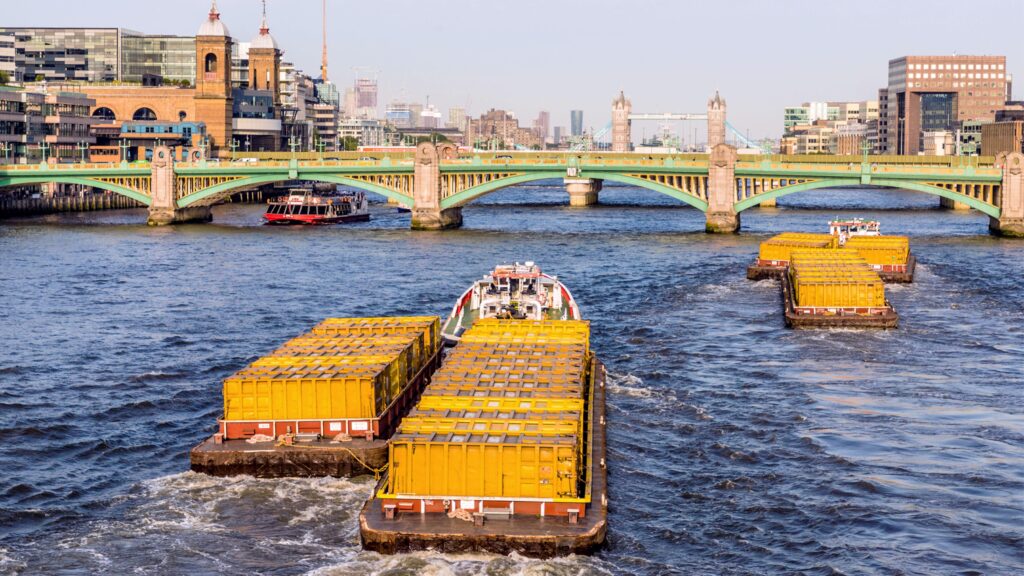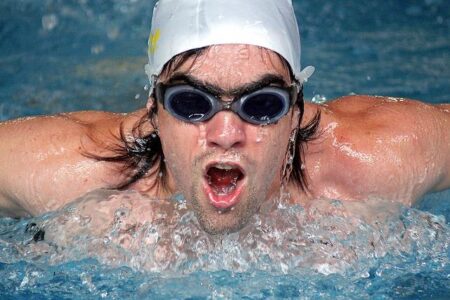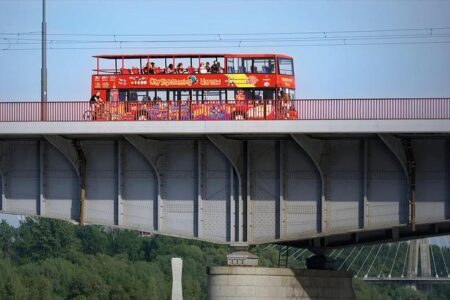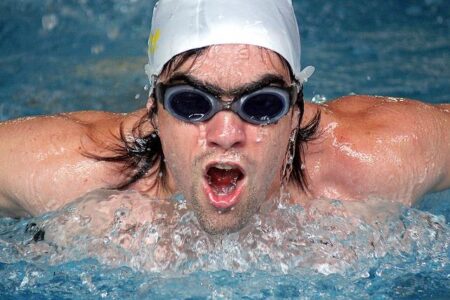Campaigners around the world are calling for the right to swim in urban waterways, arguing that access to clean, safe rivers and canals should be recognized as a fundamental public entitlement. As cities seek to reconnect with their natural environments, advocates contend that swimming in these waterways offers not only recreational and health benefits but also fosters stronger community ties and environmental stewardship. This growing movement challenges longstanding restrictions and pollution issues, urging policymakers to prioritize water quality and accessibility in urban planning.
Swimming in Urban Waterways Promotes Health and Community Wellbeing
Access to clean urban waterways for swimming offers significant benefits to both physical and mental health. Municipal studies have shown that integrating swimming spots within city environments encourages active lifestyles, reduces stress, and helps combat urban isolation. The presence of natural water bodies, free from industrial pollutants, creates a serene atmosphere promoting relaxation and mindfulness amid bustling city life.
Beyond individual health, these revitalized water spaces foster stronger community ties by serving as inclusive gathering places. According to campaigners, amenities such as:
- Public changing facilities and lifeguard services
- Educational workshops on water safety and ecology
- Community events centered around environmental stewardship
enhance social cohesion and environmental responsibility simultaneously.
| Health Benefit | Urban Impact |
|---|---|
| Improved Cardiovascular Fitness | Reduced healthcare costs |
| Lowered Anxiety and Depression | Enhanced public wellbeing |
| Social Interaction & Inclusion | Stronger neighbourhood networks |
| Environmental Awareness | Sustainable urban development |
Campaigners Call for Improved Water Quality and Safety Measures
Advocates worldwide are intensifying efforts to ensure that urban waterways are not only accessible but also safe for public swimming. They emphasize the vital importance of modernizing existing water quality monitoring systems and implementing stringent safety protocols to protect swimmers from health hazards. These campaigners argue that access to clean, safe urban water environments should be enshrined as a basic public right, urging governments to take immediate action.
Key demands from activists include:
- Regular, transparent water quality testing with public reporting
- Investment in pollution control and waste management infrastructure
- Clear guidelines on swimmer safety and emergency response plans
- Promotion of green urban spaces around water bodies
| City | Current Water Quality Grade | Proposed Improvement Actions |
|---|---|---|
| Amsterdam | B | Enhanced filtration systems, regular bacterial testing |
| Sydney | C+ | Stormwater runoff control, community clean-up programs |
| New York | B- | Infrastructure upgrade, public awareness campaigns |
| Tokyo | A- | Advanced treatment facilities, water circulation improvements |
City Authorities Urged to Invest in Accessible Swimming Infrastructure
Advocates emphasize that investing in accessible swimming facilities within urban waterways is not just a matter of leisure but a critical public health and social equity issue. Cities around the globe face growing demands to retrofit existing riverbanks, lakesides, and canals with safe entry points, lifeguard services, and inclusive amenities that cater to people of all ages and abilities. These improvements are seen as essential in bridging the gap between communities and their local environments, fostering social cohesion, and encouraging healthy lifestyles in densely populated areas.
Experts have outlined several key benefits linked to improved swimming infrastructure, notably:
- Enhanced Public Safety: Reducing drowning risks by providing supervised zones.
- Environmental Awareness: Encouraging sustainable interaction with waterways.
- Economic Uplift: Attracting tourism and supporting local businesses.
- Inclusivity: Ensuring equitable access for people with disabilities.
| City | Current Water Access | Proposed Investment (€ Million) | Projected Completion |
|---|---|---|---|
| Berlin | Limited | 15 | 2026 |
| Toronto | Moderate | 22 | 2025 |
| Amsterdam | High | 8 | 2024 |
| Bangkok | Minimal | 30 | 2027 |
To Wrap It Up
As debates continue over public access to natural resources, campaigners insist that the right to swim in urban waterways is not merely a leisure activity but a vital component of community well-being and environmental awareness. With cities worldwide grappling with pollution and privatization of water spaces, advocates urge policymakers to prioritize clean, safe, and accessible waterways for all. The outcome of these efforts could redefine how urban populations connect with their environment, transforming neglected rivers and canals into inclusive spaces for recreation and resilience.





